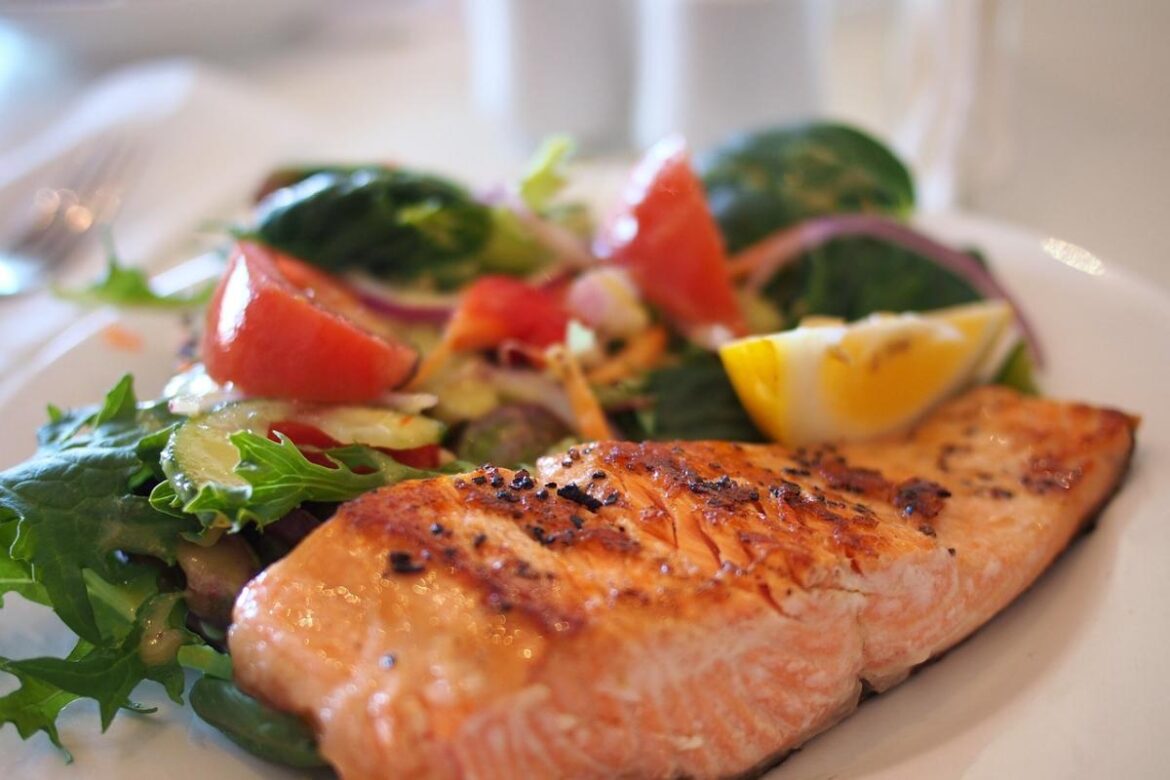I am often accused of being obsessed with food, and that is a charge to which I probably have to plead guilty.
One manifestation of this is my choice of holiday destination – it is always as much influenced by the local cuisine as by the landscape or the local culture.
I cannot imagine spending my time anywhere where food is not an essential part of daily life.
Small wonder, therefore, that for my holiday this year, I chose to go to Italy.
We tend to think we understand Italian cuisine, but in fact there is no such thing.
Each region fiercely protects its own unique dishes, making the country a jigsaw puzzle of very different food cultures, with surprisingly few strands pulling them all together.
I can’t help feeling our own attitude to food and drink would be healthier if we were to adopt this kind of localism in the UK – especially in our part of the country, where we are blessed with some of the best produce that Britain has to offer but have largely failed to promote a distinctive Norfolk food brand.
As I was away for nearly three weeks with the meagre luggage allowance granted by Ireland’s favourite budget airline (whose staff, we learn, are paid bonuses for spotting those who attempt to carry on even a few extra grams in their suitcases), I was by necessity travelling light.
This enforced frugality taught me that it is perfectly possible to live life on a much more simple level than we generally do – and that is also the lesson taught to me by Italians when it comes to food.
If you want to eat well, keep it simple.
After a few days in the wonderful Dolomite mountains, where the food reminded me more of Switzerland than the olive oil-drenched Tuscan hills, I spent two weeks in Venice, which is a city largely devoid of Michelin-starred restaurants but instead home to many decent neighbourhood trattorias – as well as one of the finest food markets in the world.
Much as I am a fan of Norwich market, and I shop there pretty much every week, when I see the wonderful Rialto market, and in particular its vibrant and huge fish section, it brings joy to my foodie heart.
When you get chatting to the merchants, they are only too eager to offer advice on how to cook their glistening, fresh produce.
Just don’t make the mistake of asking what sauce you should put on the fish, or what complex cooking technique you should employ to make your final dish restaurant quality.
If you do, they will look at you strangely; why would you want to do anything which would mask the flavour of their top-quality produce?
Just cook it simply with a few herbs, and let the natural flavours sing.
Sure enough, the restaurants which are doing brisk business are those which keep it simple.
Aside from the restaurants in a handful of five-star hotels (generally populated by people who are more interested in showing off how wealthy they are than taking notice of what is on their plate), Monsieur Michelin’s guide is largely untroubled by Venice.
This is a publication which celebrates the cheffy, the complicated, the technically adept, the hard-to-reproduce-at-home.
I just don’t think the Venetians are interested in all that.
Many of the best dishes I ate in Venice had at most five ingredients – and that is often the sign of top-quality produce and a chef who has the confidence not to mess around with them.
Now, I’m a man who loves an avant-garde tasting menu as much as anyone; I admire the ability and dedication that top chefs bring to creating food theatre.
But the simple, delicious food of Italy is making me re-evaluate all of that.
I’m starting to think that perhaps I’ve been taken in by the TV cookery contests which urge contestants on to ever more complicated dishes.
Can you imagine what the judges of such competitions would have to say if they were presented with a plate of simply grilled fish?
I suspect that phrases such as ‘lack of ambition’ might come to the fore, however delicious the final result.
But feeding ourselves is not a televised cookery competition.
It is one of the most basic things that we have to do, and whilst some of us love to spend time in the kitchen, for many it is either a chore or something they struggle to find the time for.
So let’s learn from the Italians.
Let’s spend that time shopping for the very best ingredients, making the effort to patronise market traders and independent food shops which make the effort to offer top-quality produce.
And then let’s leave the complicated kitchen techniques to the professionals, and instead keep it simple.


Dining and Cooking